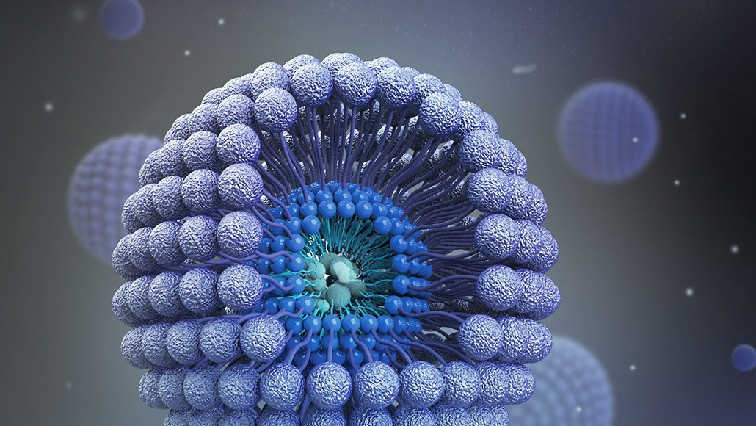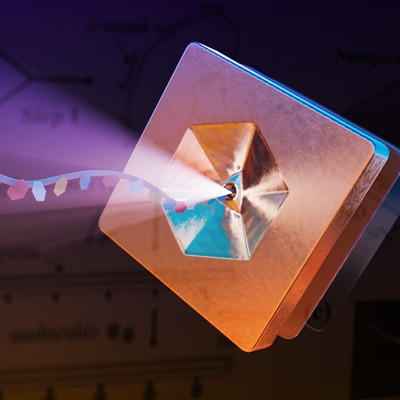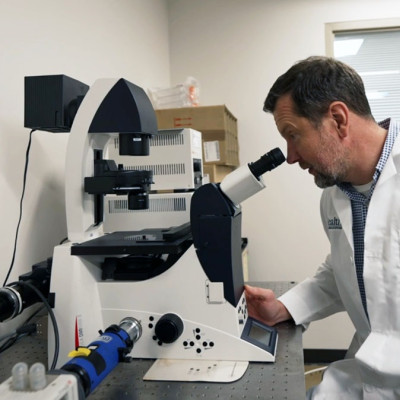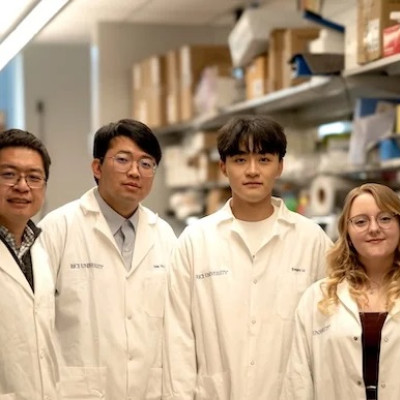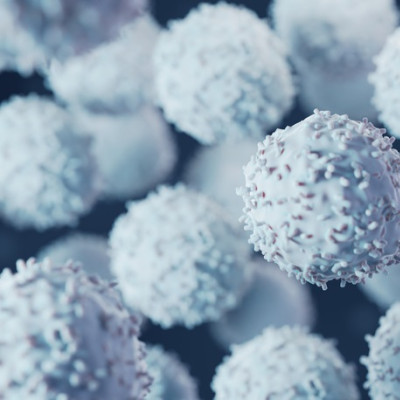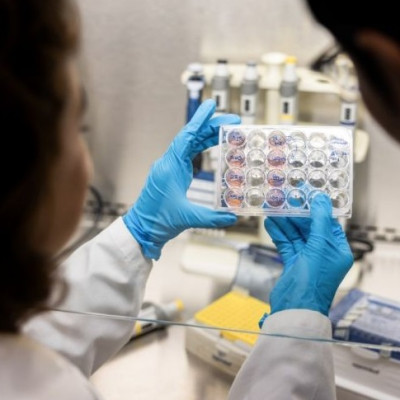Under the accord, Boryung will hold exclusive local sales rights for SNB-101 for 10 years after its launch. The two companies are also negotiating to sign additional contracts related to the exclusive sales rights in 15 Asian countries, the company said.
"The exclusive sales right deal for SN BioScience's SNB-101 will greatly help strengthen Boryung Pharmaceutical's anticancer business capabilities," Boryung CEO Ahn Jae-hyun said. "We will continue to promote various forms of collaboration on innovative and promising technologies to secure and strengthen future growth engines."
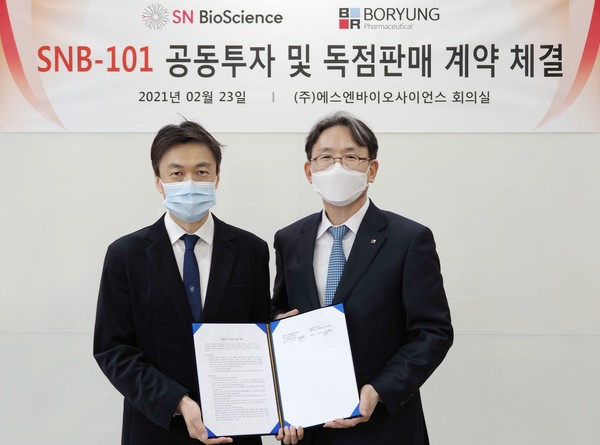
Boryung Pharmaceutical CEO Ahn Jae-hyun (right) and SN BioScience CEO Park Young-hwan signed an exclusive marketing agreement at SN BioScience headquarters in Seongnam, Gyeonggi Province.
SN BioScience CEO Park Young-hwan also said, "Through the collaboration with Boryung Pharmaceutical, which has outstanding capabilities in the anticancer drug business, SNB-101 will prove its marketability. We will also solidify our position as a leading anticancer treatment development company."
SNB-101 is the world's first nanoparticle drug-containing SN-38, the anticancer drug irinotecan's active anticancer ingredient, Boryung said.
"When patients receive irinotecan, only about 5 percent of the total dose is converted into active SN-38, while unconverted irinotecan can cause side effects," the company said. "SNB-101 can resolve such problems as hospitals can directly administer only SN-38."
The company expects the treatment will greatly improve the therapeutic effect and reduce side effects.
The drug has been undergoing phase 1 clinical trials at various medical institutions, including CHA Bundang Hospital, Severance Hospital, and Seoul St. Mary's Hospital, since November last year.
Read the original article on Korea Biomedical Review (KBR).

